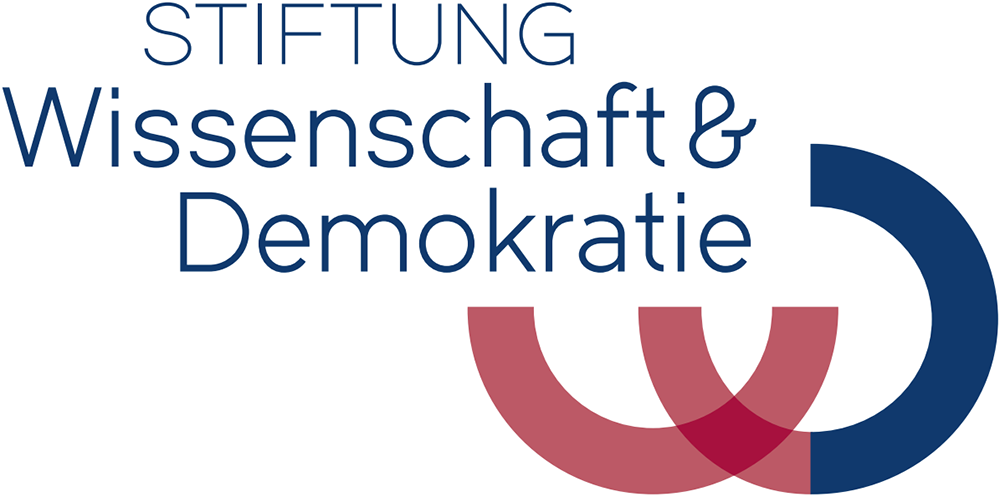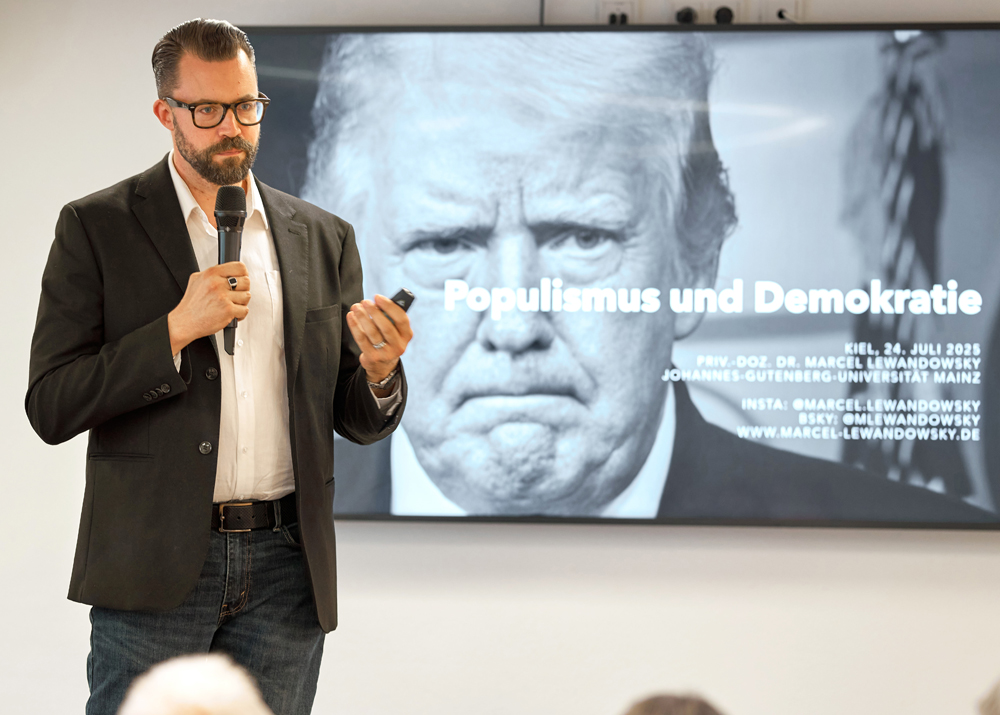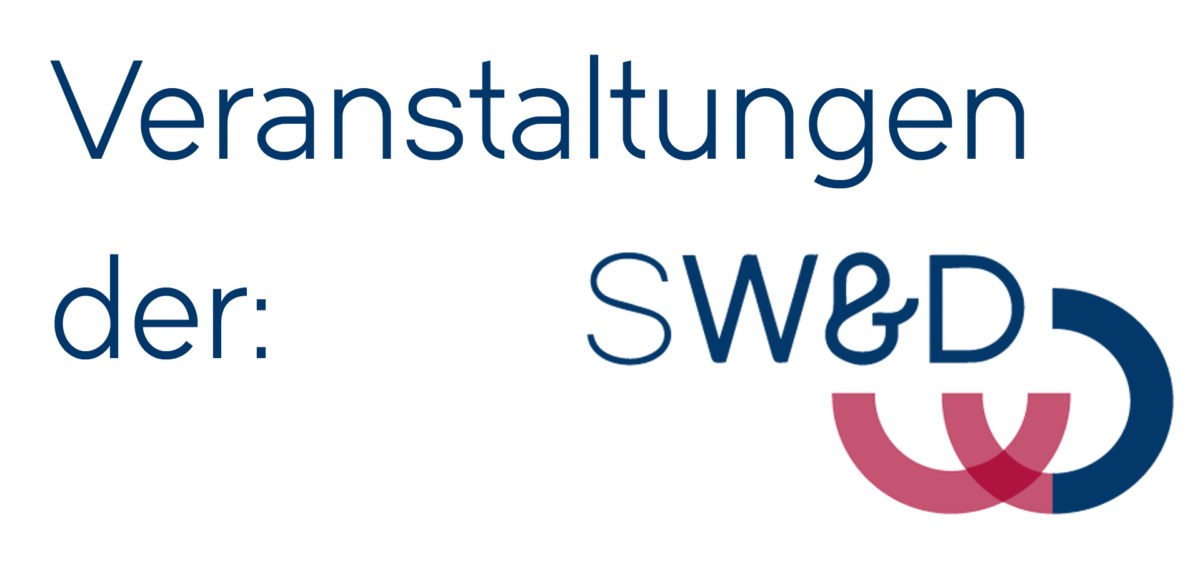Report on the lecture by Dr Marcel Lewandowsky
Part of our series "The future of democracy"
Populism is omnipresent - in election programmes, talk shows and digital commentary columns. Populists present themselves as the saviours of democracy. But what is behind it? What is populism actually? What is its power? And what does it mean for democratic systems?
These were the questions posed by the political scientist and author Dr Marcel Lewandowsky on 24 July 2025 as part of a lecture moderated by Julia Jamila Werner at the Science and Democracy Foundation. Under the title "Democracy and populism" he analysed objectively and pointedly what populist actors want, how they work, why they are successful - and what this means for our democracy.
With clear words and clever examples, Lewandowsky showed that populism is more than just loud slogans. It is a symptom - but also a wake-up call.
Between anger, insecurity and "true democracy"
Lewandowsky covered a wide range of topics: from basic theoretical concepts and current political rhetoric to specific case studies from Germany and Europe. Populism, he referred to Cas Mudde, for example, is a illiberal-democratic response to a liberalism that is perceived as undemocratic - a reaction that uses democratic terms but often turns them against the democratic spirit.
Using pithy quotes from speeches and party programmes - such as those of the AfD or the FPÖ - Lewandowsky showed how populist actors reinterpret terms such as "people", "sovereignty" or "freedom" in order to paint a picture of politics that is based on Exclusion and simplification sets: "Us down here against them up there", "the true people against the elite".
But what is driving this dynamic? In addition to political disappointments, Dr Marcel Lewandowsky referred in particular to precarious living conditions and Subjectively perceived uncertainty. Studies have shown that those who feel permanently left behind - be it economically, culturally or socially - are more susceptible to populist promises.
Populism works - and changes
Particularly impressive was the analysis of the Effects on democracy. According to Lewandowsky, populism not only shifts debates, but also standards. When established parties try to imitate populist rhetoric in order to win back voters, the political discourse as a whole shifts - with the result that, in the case of right-wing populism Inhuman language normalised and democratic institutions come under pressure.
A key example: the migration issue. Lewandowsky showed how populist narratives here are not based on reality, but on perceived truths and how difficult it is for other parties to counter this "spin" constructively without getting lost in it.
Between enlightenment and attitude: what to do?
In the final part of the lecture, Lewandowsky took a look at possible Counter-strategies. It quickly became clear that there is no one-size-fits-all solution. If you only want to counter populism in terms of content, you easily fall into its logic. Those who remain silent leave the field to populism. What is therefore required is a clear stancethat does not play with populist means - but is based on Enlightenment, democratic education and social participation sets.
A key insight: It is not enough to condemn populism - you have to understand it, Where its power comes fromand start where democratic promises have not been honoured.
Conclusion: Between emergency and learning opportunity
The lecture "Democracy and Populism" was not a black and white painting, but a differentiated look at one of the most pressing problems of our time. Marcel Lewandowsky succeeded in convincingly combining scientific analysis and social relevance - with plain language, but without alarmism.
In the end, the realisation was that populism is not the end of democracy, but a Test case for their resilience. And that is precisely why it is important to face it openly and in a well-founded manner.
Impressions from the lecture
















Photos: Eckhard Schmelter / SW&D




